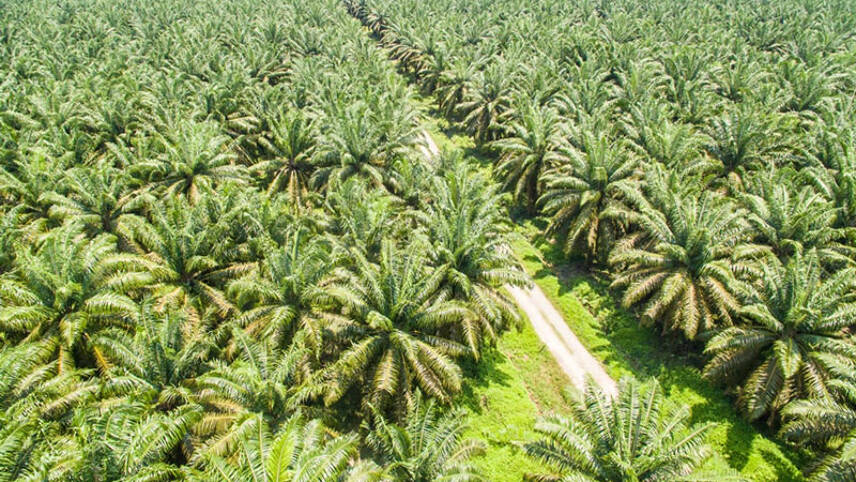Register for free and continue reading
Join our growing army of changemakers and get unlimited access to our premium content

Image: Satelligence
The business has partnered with Satelligence to deploy satellite-powered deforestation risk monitoring across its global soy, palm oil and cocoa supply chains.
The satellites will provide data in near-real time, identifying deforestation risks and breaches. This will make it easier to design and implement targeted interventions.
Cargill has pledged to end deforestation in its supply chains by 2030. It has faced several high-profile accusations of driving deforestation in regions in South America and Africa over the past two decades.
Within the past year, environmental law firm ClientEarth filed a legal complaint about Cargill’s links to soy-driven deforestation in Brazil. It made the complaint in the US, citing the nation’s commitments to responsible business conduct internationally as a member of the OECD.
Just weeks later, environmental campaign group Stand.Earth called for more robust measures to prevent deforestation and nature degradation across Cargill’s vast global supply chains. Cargill claimed that Stand.Earth “grossly mischaracterised” its work to monitor suppliers and stop non-compliant products from being sold.
Cargill’s global impact data, analytics and technology lead Matt Wood has subsequently maintained that the firm is “laser-focused” on ending deforestation and land conversion.
Recent partnerships
As well as monitoring deforestation, the Satelligence tracking system will help Cargill to measure its Scope 3 (indirect) emissions. Most large businesses in the food space see a bulk of their emissions footprint occurring upstream, making the measurement and reduction of Scope 3 emissions crucial to any credible climate plan.
Other food companies including Mondelez and Unilever have previously implemented satellite solutions for supply chain monitoring in terms of nature, emissions and human rights.
The partnership with Satelligence is one of several intended to turn Cargill’s reputation on environmental sustainability around.
Since March, the business has partnered with Nestle and environmental NGOs for a sustainable cattle grazing programme in the US; expanded its ‘RegenConnect’ regenerative farming programme within the US and Europe; and forged partnerships on supply chains for low-carbon steel and shipping technologies.
These standalone initiatives will doubtless not be enough to sway environmental groups who have long advocated for a more robust strategic approach from Cargill.
The company stated in late 2022 that it is working on a net-zero transition plan, which will have an interim goal to reduce emissions across all scopes by 30% by 2030. It is also co-developing commodity-specific deforestation plans.


Please login or Register to leave a comment.